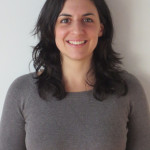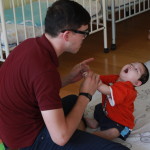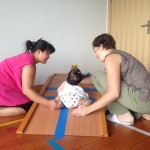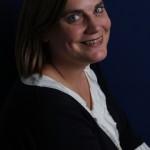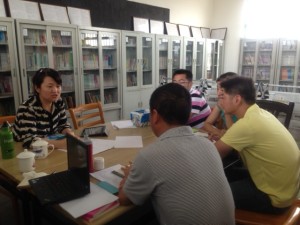On the evening of September 8, Olivia’s Place staff attended the Chen Xu School Gala at Little Friends’ Theatre in Shanghai. The gala showcased what Chen Xu has achieved in the past 4 years in providing inclusive education, as well as to convey gratitude to all who have supported their mission along the way. We were honored to receive the ‘Love without Boundaries’ plaque on behalf of Olivia’s Foundation for our technical support to the school, along with several other recipients including China Merchants Bank, Fu Dan University, Shanghai Theatrer Academy, and others. Olivia’s Place psychologists Dr. Laura Lofy and Dr. Beth Kremer-Collins were recognized as outstanding volunteers for their continuous care and love for both the students with special needs and migrant children at the school.
Chen Xu School is a primary school serving 395 migrant children and 5 local children with autism
spectrum disorder (ASD). It is located in the QingPu District of Shanghai. The school’s trustee, Mr. ShouHong Fang has a son with high-functioning autism, who is also enrolled in the school. It is his mission to establish a model school that provides inclusive education to children with special needs.
In January 2013, with financial support through a grant from Olivia’s Foundation, Olivia’s Place began offering the expertise of its multidisciplinary staff, including two educational and clinical psychologists, a speech therapist, an occupational therapist, and a learning support specialist, to work with the teachers to develop and implement individualized education plans (IEPs) for the students with special needs. Assessment, classroom observation, and teacher and parent interviews were conducted to determine the performance level of a student with ASD in various functional areas. The individualized goals, objectives, and strategies the teachers can use to support the child have been identified by working closely with his special education teachers and classroom teacher. Professional training on sensory diets, speech assessment, and how to promote the inclusion of children with special needs in the regular education program has been provided to both the mainstream and special education teachers. In addition, training in psychology topics was provided to teachers on a monthly basis to support the typically developing students in school. In addition to time and resources funded through the Olivia’s Foundation grant, therapists have contributed one fourth of the total projects hours on a pro bono basis. The multi-disciplinary team from both organizations will use what they have learned from the process and continue to work to develop IEPs for the other 4 students with ASD .
On the night of the gala, many people were in attendance, including volunteers from all walks of life, families with young children, as well as local government officials and big corporations who believe in inclusive education. The piano solo by YangYang, one of the students with ASD, and the Firefly music piece by YouChen and his typically developing peers were especially touching. We are very inspired by
the passion and dedication of the teachers, parents, and volunteers we have worked with and are committed to providing ongoing support to help them fulfill the school mission.









